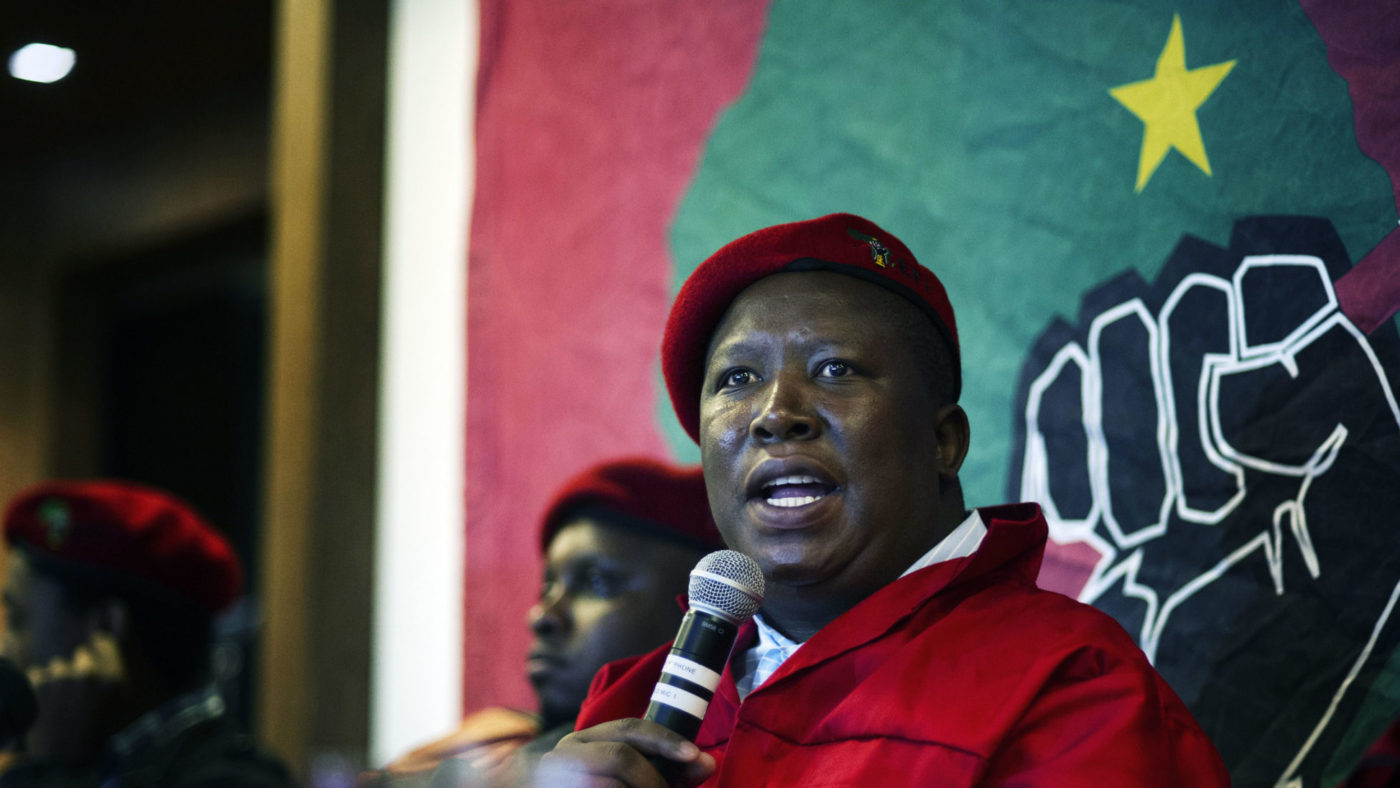South Africa’s government is embarking on a truly dangerous course.
According to press reports, the state has now begun the process of expropriating of privately-owned farmland without financial compensation, thereby ignoring the post-apartheid political settlement, which allows for land redistribution in the country only on a “willing buyer, willing seller” basis.
The owners of Akkerland Boerdery, a game farm in the Limpopo Province of South Africa, have been served with an eviction notice after they and the government failed to agree on a mutually acceptable sale price. “What makes the Akkerland case unique,” noted AgriSA union spokeswoman Annelize Crosby, “is that they apparently were not given the opportunity to first dispute the claim in court, as the law requires”.
Meanwhile, the government has announced its intention to amend the constitution to allow expropriation of privately-owned land without any financial compensation whatsoever. Make no mistake, these moves have the potential to destroy Africa’s most sophisticated economy and make the majority of its 58 million people destitute.
Eighteen years ago, Zimbabwe embraced a similar set of policies and saw its economy collapse and the country descend into penury and political violence. The laws of economics being universal, there is every likelihood the Zimbabwean scenario will repeat itself in South Africa.
An attack on property rights will result in the destruction of South Africa’s farming community, a dramatic reduction in agricultural productivity and mass unemployment. It could also lead to the collapse of the banking sector (which depends on land as collateral for loan-making) and the Rand along with hyperinflation, and potentially even bloodshed.
Why, then, is the South African government playing with fire? Since it came to power in 1994, the current government, which is composed of the African National Congress and the South African Communist Party, has presided over lacklustre economic growth (by developing world standards), massive growth in corruption and unemployment, and widespread decline in the quality of public services, including health and education.
The government’s poor performance has led to the rise of a Maoist political movement called The Economic Freedom Fighters, which is led by racist demagogue Julius Malema. To counter his rising popularity among disenchanted voters, the government has turned leftward by poaching the EFF’s toxic economic agenda.
How should the rest of the world respond? And, in particular, what, if anything, should the United States do?
In the early 1990s, the United States was heavily involved in negotiating the transfer of power from the white minority to the black majority. As such, the US bears some responsibility for ensuring that South Africa’s post-apartheid political settlement, including protection of minorities and private property, endures.
Donald Trump should warn the South African government that if South Africa’s constitution is amended to allow for expropriation without compensation, the country will be suspended from the African Growth and Opportunity Act (AGOA), as Zimbabwe was before. Moreover, the US Congress should hold hearings on the situation if the government continues its destructive economic policies.
As South African economist Richard Tren noted, “The US remains an important trading partner for SA and the Africa Growth and Opportunity Act, which was passed during the Clinton administration, offers favorable trade terms to qualifying African countries. After Nigeria, South Africa is Africa’s second largest exporter to the US under AGOA, with almost $3bn worth of exports in 2017.”
And Section 104 of AGOA states that a sub-Saharan African country is only eligible for membership of AGOA if it “protects private property rights, incorporates an open rules-based trading system, and minimizes government interference in the economy through measures such as price controls, subsidies, and government ownership of economic assets; (b) [respects] the rule of law, political pluralism, and the right to due process, a fair trial, and equal protection under the law.”
The legislation also gives the US president the power to “terminate the designation” of a country if it fails to make “continual progress in meeting the requirements” set out in the Act.
Considering that South Africa is in breach or is about to breach a number of those requirements, Trump should act now by issuing a preemptive warning to the South African government.
While it is true that the US president is despised by the South Africa’s governing elites, it is also the case that the country’s Marxist-orientated government is acutely sensitive to international power dynamics. Make the penalty for expropriation without compensation high enough and the government might reverse itself.
That, alas, is South Africa’s last and best hope.


